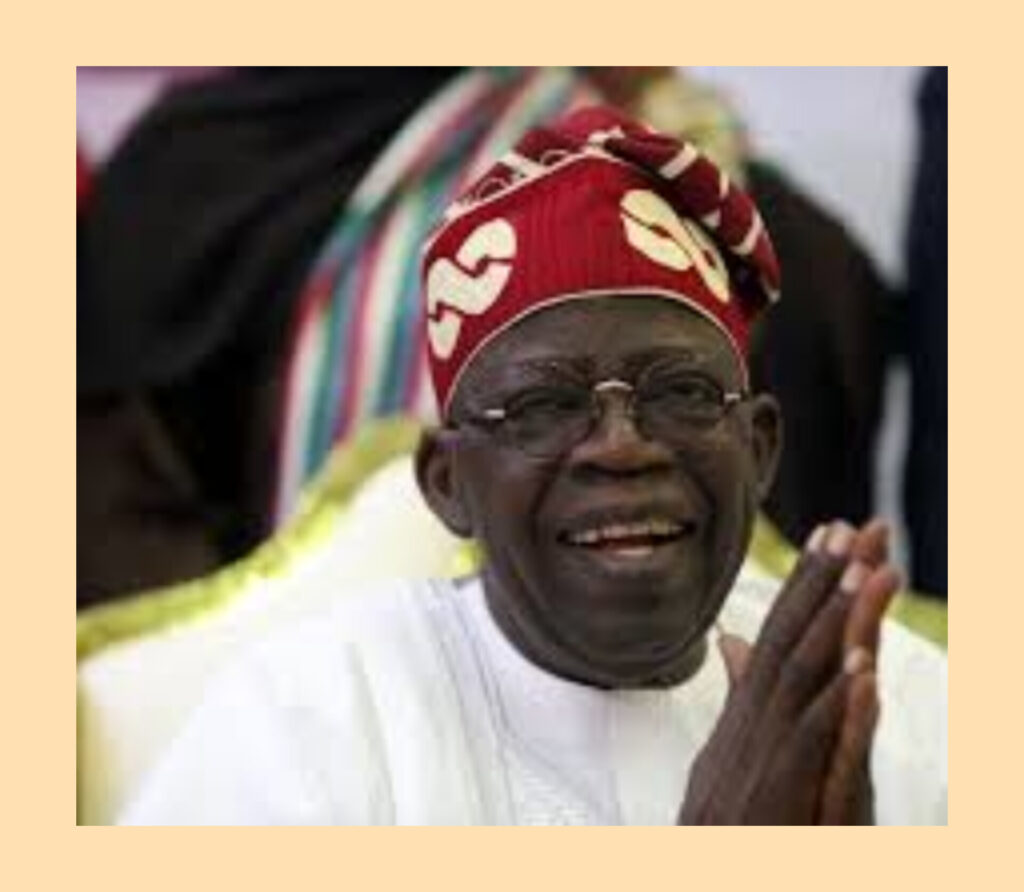In a world where economic growth often takes precedence over the well-being of its citizens, it’s refreshing to envision an administration that places the plight of its people at the forefront. President Tinubu’s tenure offers Nigeria a unique opportunity to rebalance priorities, focusing on the welfare of its citizens rather than merely chasing impressive GDP numbers that may appeal to international financial institutions like the World Bank and IMF.
One key avenue for this refocused approach is agriculture. Collaborating with private sectors in a joint venture can transform Nigeria’s agricultural sector into a powerhouse. By doing so, President Tinubu’s administration can not only boost food security but also create jobs and stimulate economic growth from the grassroots level. The promotion of local entrepreneurs who employ reverse engineering techniques to manufacture goods within Nigeria aligns perfectly with this vision. This not only reduces reliance on imports but also nurtures innovation and local talent.
Investing in startups that produce locally-made goods is another crucial step. These startups can be engines of economic growth, offering a platform for young and creative minds to flourish. The president’s support in the form of incentives and funding will go a long way in making this vision a reality.
Infrastructure development, particularly in the form of robust road networks connecting all corners of the country, is imperative. Such infrastructure investment not only enhances transportation but also facilitates trade and business activities. The potential for job creation in construction and maintenance is substantial, providing tangible benefits to the people.
Higher education is the bedrock of any nation’s development, and President Tinubu’s administration should invest heavily in it. Quality education ensures the availability of a skilled workforce, which is vital for economic growth. By nurturing talented teachers and professors, Nigeria can establish itself as a hub of knowledge and innovation, attracting students and researchers from around the world.
Perhaps one of the most critical shifts required is the depoliticization of bureaucratic affairs. Placing professionals with the necessary expertise in key positions rather than political appointees will streamline decision-making and promote efficiency. This will lead to more effective governance and better public services for the citizens.
In conclusion, President Tinubu’s administration has the potential to reshape Nigeria’s priorities. By placing the needs of the people above mere GDP figures and collaborating with the private sector in agriculture and technology, investing in local startups, improving infrastructure, and nurturing higher education, Nigeria can embark on a path of sustainable development that benefits all its citizens. The time for change is now, and it starts with prioritizing the plight of the people over international economic perceptions.
Reverend Ogidan-Kadiri
Political Analyst
Texas, USA

